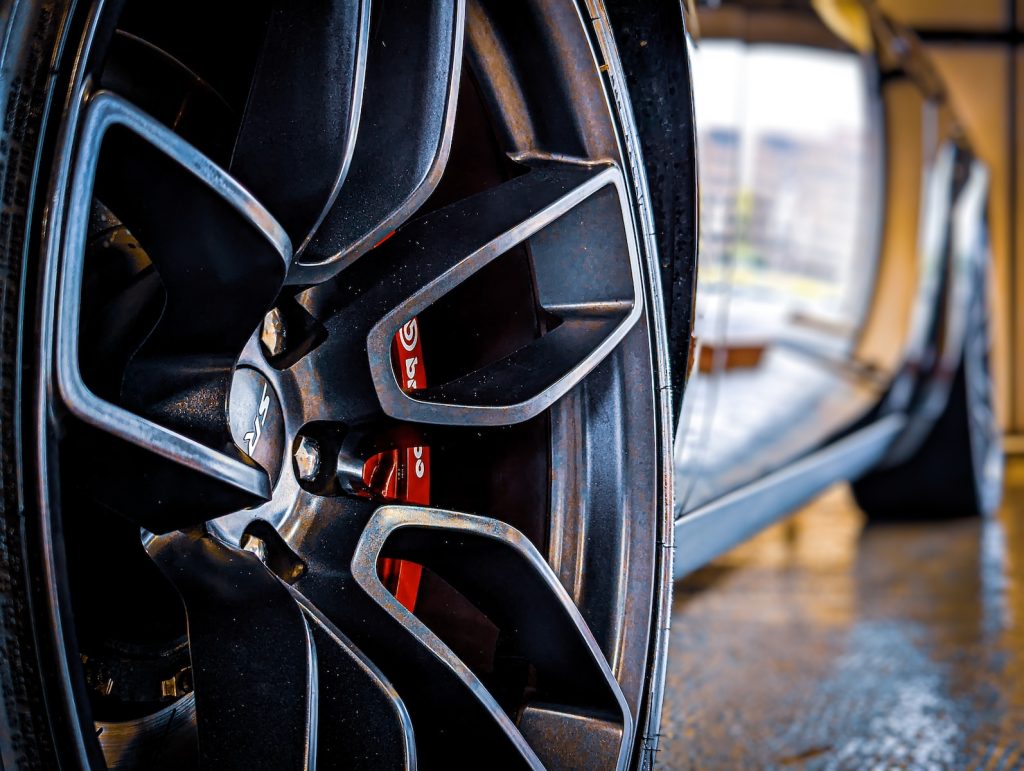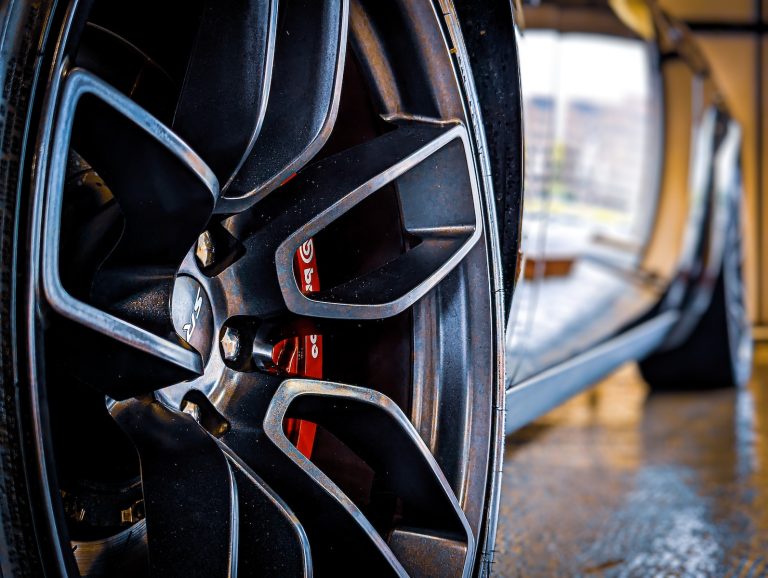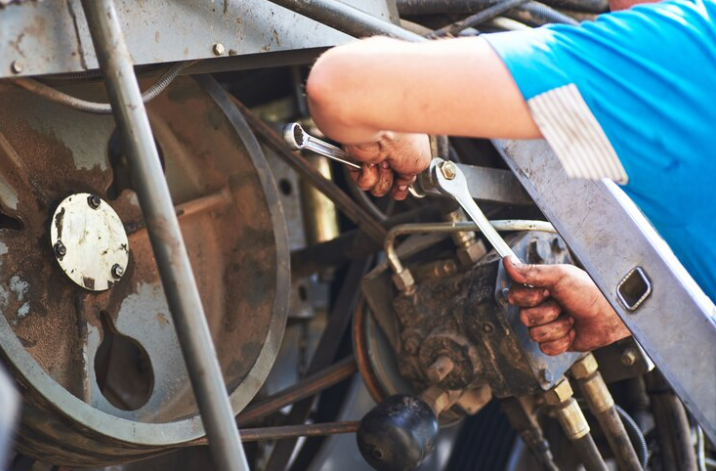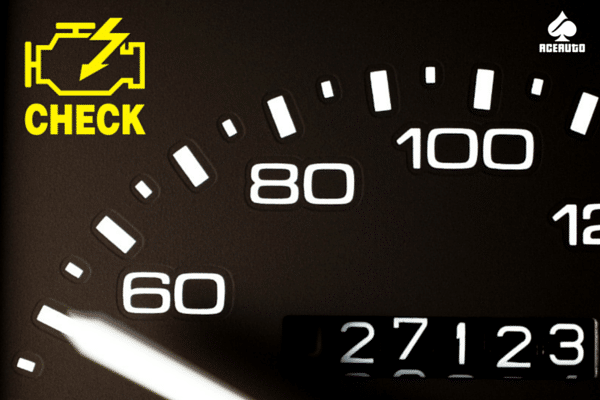Every vehicle relies on its engine’s timing chain for synchronizing the rotation of the crankshaft and camshaft. This ensures the engine’s valves open and close at precise intervals. Now, think of engine oil as the lifeblood of this chain, ensuring its smooth operation and protecting it from damage.

Basics of Timing Chain Wear and Tear
Like any mechanical part, the timing chain is susceptible to wear over time. Symptoms like engine misfires, metal shavings in oil, or the engine not starting can hint at a worn-out timing chain. As it undergoes constant stress, without proper lubrication, this wear can accelerate dramatically.
The Relationship Between Oil and Timing Chains
Engine oil isn’t just for show; it plays a protective role, ensuring every moving part in an engine is well-lubricated, reducing wear and friction. When your car runs low on oil, you’re essentially starving the timing chain of its protective layer, which can be quite damaging. Moreover, the quality of your oil can either prolong or reduce the life of your timing chain.
Can Low Oil Cause Timing Chain to Break?
Absolutely. Running your engine with low oil levels can significantly speed up the wear and tear on your timing chain. The lack of proper lubrication leads to increased friction, causing the chain to overheat and wear out faster. Neglecting oil levels isn’t just harmful; it can be costly. I’ve come across numerous instances where vehicle owners faced hefty repair bills due to timing chain failures, primarily stemming from low oil levels.
Importance of Regular Oil Checks
If there’s one thing you take away from this article, let it be the importance of regular oil checks. Ensuring you have adequate engine oil and that it’s in good condition can save you from a world of pain down the line. So, how often should you peek under the hood? Experts typically recommend every 3,000 to 5,000 miles.

Consequences of Ignoring Low Oil Levels
Ignoring your vehicle’s plea for more oil can have drastic effects. Not only does it risk the integrity of your timing chain, but it can also hamper engine performance. With more friction, the engine has to work harder, leading to decreased efficiency and potential engine damage.
Preventive Measures for Protecting Timing Chains
Selecting the right oil for your engine type can make all the difference. While it might be tempting to go for the cheapest option, investing in high-quality engine oil can prolong the life of your timing chain. Regular maintenance checks and timely inspections also play a crucial role in ensuring your chain remains in top-notch condition.
FAQs
Why is the timing chain crucial for engines?
The timing chain ensures that your engine’s components work in perfect harmony, allowing for optimal performance.
How do I know if my timing chain is damaged?
Common signs include unusual engine noises, engine misfires, or metal shavings in your oil.
How frequently should I inspect engine oil levels?
It’s wise to check your engine oil every 3,000 to 5,000 miles.
Can any mechanic fix timing chain issues?
While most mechanics can address timing chain concerns, it’s best to consult specialists for complex issues.
What other factors can lead to timing chain damage?
Factors like engine overheating, poor quality oil, and irregular maintenance can jeopardize your timing chain.
Can I drive with a potentially damaged timing chain?
It’s risky. A damaged timing chain can lead to severe engine damage if it breaks while driving.
Conclusion
Never underestimate the protective power of engine oil. It’s not just about ensuring smooth rides; it’s about protecting critical components like the timing chain. Regular checks, quality oil, and timely maintenance are your best defense against potential damage. Remember, it’s always cheaper to prevent than to repair.







